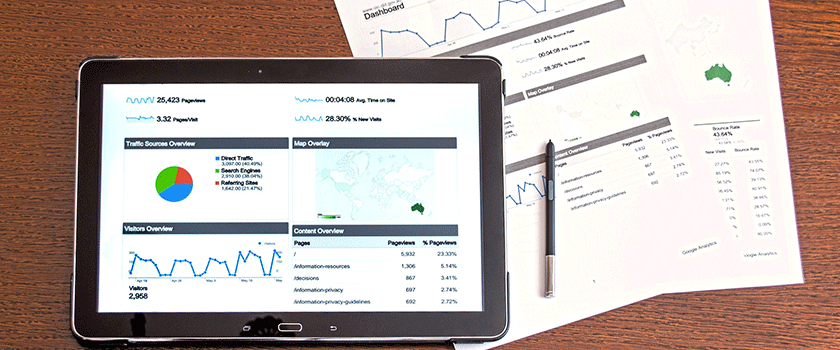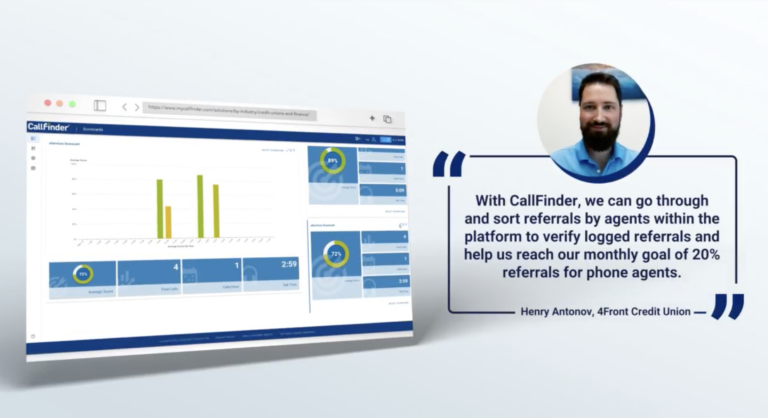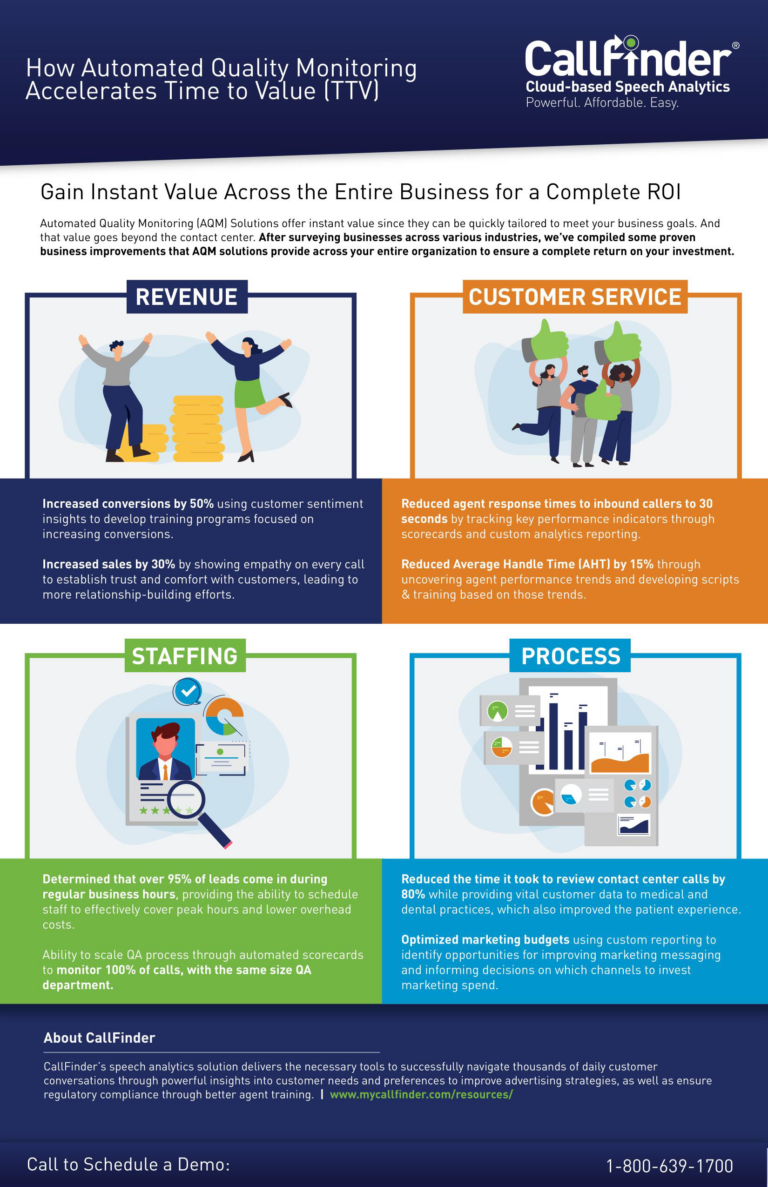Call Center Quality Assurance Best Practices in 2018
A recent study revealed that by the year 2020, consumers will place more importance on service from a business than on price or product [1]. Not surprising, considering that 86% of people today are willing to pay more for a better experience from a company, and 67% cite subpar service as the cause for leaving a company [2]. Since call centers are often the sole direct contact a customer may have with a business, the experiences those call centers provide can make or break the customer’s perception of that business.
Maintaining a high level of quality in the call center is paramount, and call monitoring is key to quality assurance. But it is no longer sufficient to simply measure metrics such as call length, volume, or whether the problem was resolved. To provide truly exceptional customer service, a business must know what exactly transpired on each and every call. Maintain call center quality assurance best practices with the help of the following speech analytics solutions.
Speech Analytics Can Help Achieve True Customer Satisfaction
Customers have certain expectations when they interact with a contact center, but they don’t always voice those expectations. Plus, tactics, such as post-call surveys and small samplings of recorded calls, only reflect a tiny percentage of customers. But with speech analytics technology, businesses can rapidly scan every phone conversation for specific words and phrases, revealing common trends and patterns that help achieve a more comprehensive idea of what their customers truly want.
This unleveraged data can then be used to make informed strategic business decisions which allow call centers to provide all customers with a higher quality experience. From finding effective solutions to questions and issues, to discovering which type of language is most likely to bring about a sale, speech analytics can help call centers consistently meet their customers’ expectations.
Ensure Call Center Quality Assurance with Call Scoring
Of course, having great quality assurance practices in place is futile if they are not being followed. Call centers can ensure their agents are consistently adhering to established standards with call scoring. Call scoring assesses agent performance on each phone conversation based on specific metrics and KPIs which are deemed most important to a business.
Call centers should also ensure their agents understand the concept of score cards and have a thorough understanding of how they will be evaluated during a conversation. Agents should also get agent feedback on what should be included in scorecards, since they are the ones who interact with the customers the most.
Once they are fully implemented, scorecards can assist call center agents by delivering concrete data on which metrics they may be struggling with during phone conversations. This will help them decide how best to improve their performance in order to always deliver an excellent customer experience.
Customers today expect a consistently high level of quality in their experience with a business. Considering that it is far more cost-effective to retain a current customer than it is to find a new one, businesses should do everything they can to meet that requirement.
That’s why establishing quality assurance best practices in call centers is crucial to determine customer service goals and how best to accomplish them. Not only does this keep customers happy (and keep them, period); it provides businesses with an edge over the competition. Make sure your following call center quality assurance best practices, and learn more about the benefits of speech analytics.







